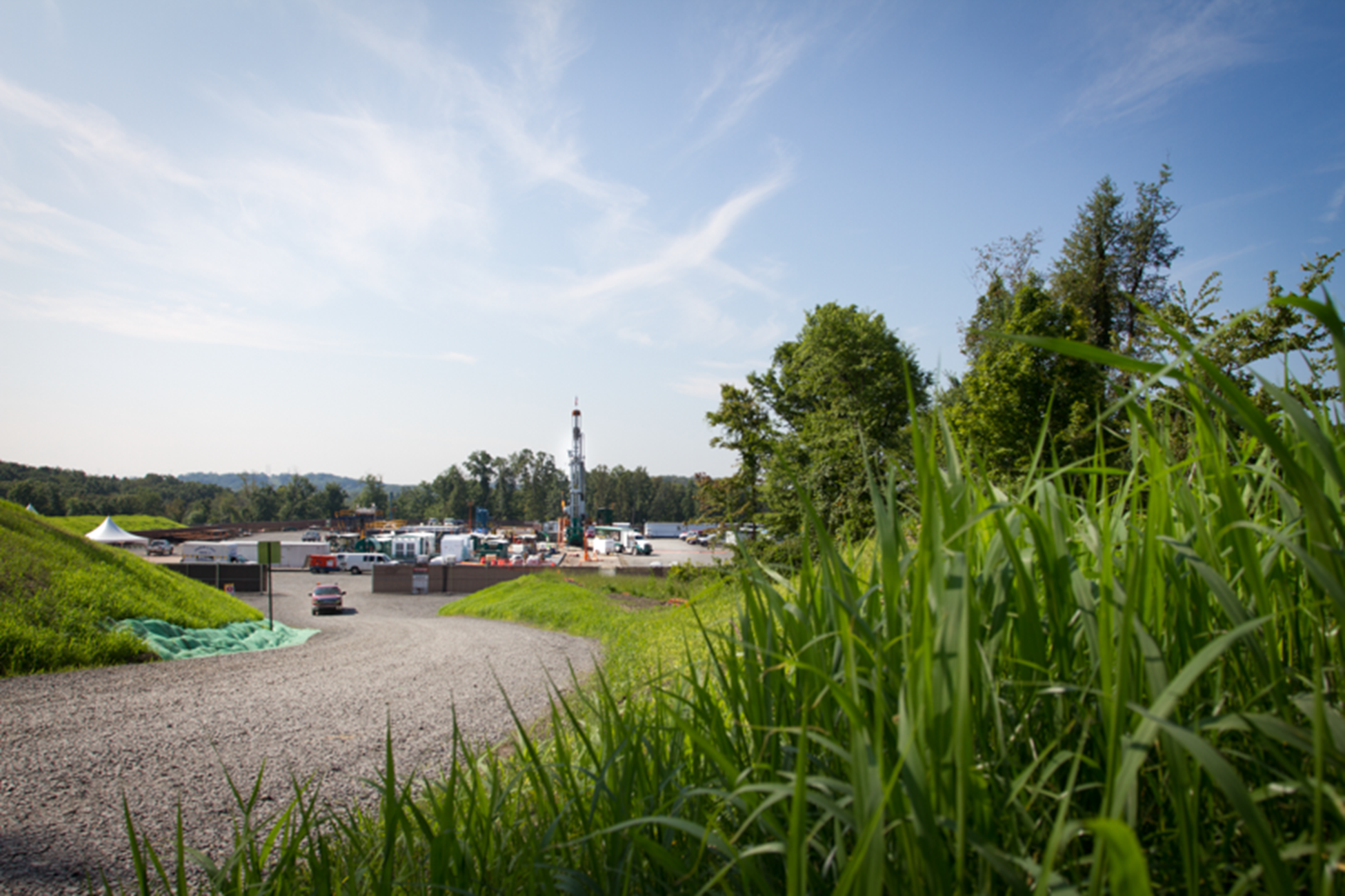Every day is Earth Day for Pennsylvania’s unconventional natural gas industry. From the beginning of shale gas development through advancements in drilling technology, reduced surface use, water transport and emissions abatement across the upstream and midstream sectors, MSC member companies are focused on producing, processing and transporting the clean natural gas that powers our world in more efficient and sustainable ways.
Alongside these company-led measures, Pennsylvania also has a comprehensive regulatory framework in place, which is frequently reviewed and updated as the industry advances. Consider the State Review of Oil and Natural Gas Environmental Regulations – a non-profit environmental regulatory review organization – has long commended Pennsylvania’s program for being well run and achieving program objectives.
This regulatory framework provides a foundation for development to take place. Operators across our membership consistently go above and beyond to ensure Pennsylvania’s communities, air. and water are protected. They are, after all, the same communities in which their employees live, work and raise their families, not to mention the same air and water we breath and drink.
Here’s Five Fast Facts on Pennsylvania’s unconventional shale development regulatory framework and our industry’s environmental stewardship initiatives:
1. 43 laws, 28 permit authorization packages, and 7 technical guidance documents with the Pa. DEP alone detail state regulations for the unconventional natural gas industry.
These permits and accompanying regulations are revised on a regular basis to ensure maximum protection for the environment and public health. Examples of permits include an erosion and sediment control permit (ESCGP) to construct the well pad, pipeline and related infrastructure; a well drilling permit to drill and operate the well; an air quality permit to ensure all aspects of operations adhere to air quality standards; and water and waste permits to process, handle or transport waste, among many others.
2. Methane emissions have plummeted over the past 5 years.
Currently, Pennsylvania is responsible for roughly 20% of the nation’s total natural gas production, which is essential to providing reliable, sustainable energy both at home and to our strategic allies abroad. Between 2018 and 2022, methane emissions in the Marcellus and Utica shales decreased by 1.6 million metric tons—equivalent to removing over 380,000 cars from the road for one year.
Our broader Appalachian Basin also has the lowest methane intensity – just 0.06% on average – of any hydrocarbon producing region, despite being the country’s largest . These measures aren’t unique to the producers, as in-basin collaboration for methane mitigation spans across the upstream and midstream sectors. According to the 2022 Environmental Partnership report, these members, including many MSC members, completed more than 345 million component inspections in 2021 that determined an exceedingly low 0.05% leak occurrence rate. 2023 also saw the launch of the Appalachian Methane Initiative, “a coalition committed to further enhancing methane monitoring throughout the Appalachia Basin and facilitating additional methane emissions reductions in the region”.
3. Appalachian natural gas producers are pioneering innovative water recycling and reuse strategies.
To reduce the strain of increased production on freshwater resources, Pennsylvania’s oil and gas producers invested millions in various water recycling and reuse strategies. By way of examples, some producers have achieved fresh water neutrality for the seventh consecutive year, while investing over $12.9 million in water conservation programs. In addition to conserving freshwater resources, operators are investing in beneficial reuse for produced water from operations, including a commitment to recycle 90% of produced water in 2023. The industry is also recycling water from other producers, significantly reducing freshwater needs. These examples demonstrate practices that not only benefit the environment, but also contribute to sustainable resource management.
4. Producers transparently disclosed chemical use prior to it becoming state law.
More than a decade ago, Pennsylvania oil and gas producers began transparently disclosing the additives used in the hydraulic fracturing process. Now required under Act 13, all additives and volumes of chemicals are transparently disclosed via the FracFocus.org online clearinghouse and/or directly to the Pa. Department of Environmental Protection while affording appropriate protection of trade secret and proprietary information..
5. The industry utilizes longer lateral drilling methods to reduce surface impact of operations.
Longer lateral lengths enable more natural gas to be developed with less surface disturbance. Most companies employ increased horizontal drilling methods that can reach between 2-3 miles underground—which can increase average well capacity by up to 1,000 barrels of oil equivalent per day.
**BONUS**: When natural gas is produced in Pennsylvania, manufacturing, power generation and LNG exports benefit from lower lifecycle carbon emissions.
Pennsylvania produces the cleanest, most sustainable natural gas in the world, which drives broad environmental gains here at home and abroad. Consider, the U.S. has lead the world in carbon emission reductions since 2005, largely as a result of the power sector fuel switching to natural gas. In Pennsylvania, natural gas accounts for over 59% of power generation, which has resulted in air pollution plummeting to multi-generation lows and has made our state’s power grid cleaner, more reliable and affordable.
The bottom line is “natural gas is the sharpest tool we have” to achieving emissions reduction ambitions globally, explained Marcellus Shale Coalition President Dave Callahan.
Environmental stewardship is of the utmost importance for the state’s natural gas sector, as detailed through the industry’s comprehensive regulations, voluntary best practices, and innovative resource management solutions. No wonder Pennsylvania’s natural gas industry is an Earth Day win-win-win.





